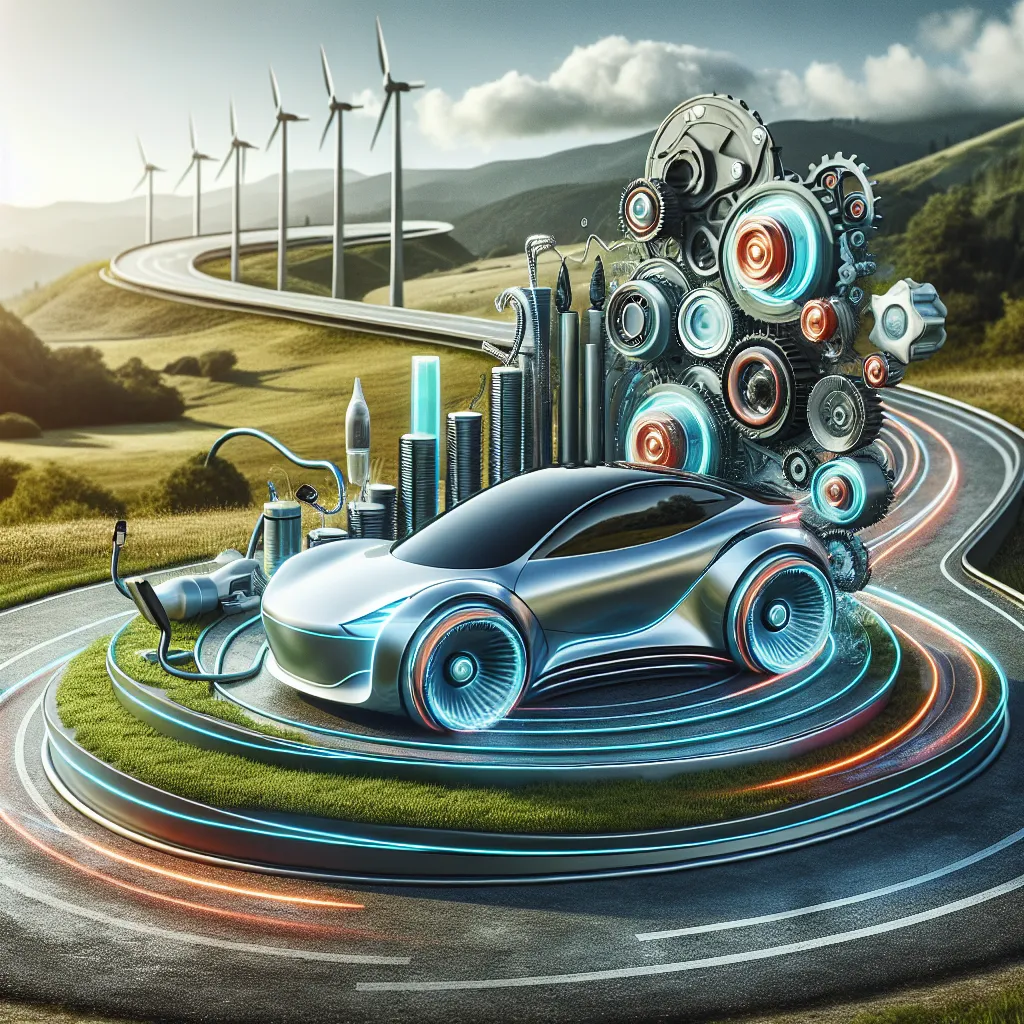Revolutionizing Transportation: The Rise of Electric Cars
Electric cars have become a focal point in discussions about the future of transportation, with rapid advancements and challenges shaping the landscape. The rise of electric cars is revolutionizing the way we perceive and utilize vehicles, promising a cleaner and more sustainable mode of transportation. With the increasing concerns about climate change and environmental impact, electric cars have emerged as a viable solution to reduce carbon emissions and dependence on traditional fossil fuels.
The technological advancements in electric car manufacturing have led to significant improvements in battery capacity, charging infrastructure, and overall performance. The introduction of long-range electric vehicles has addressed the range anxiety issue, making electric cars a practical choice for everyday commuting and long-distance travel. Moreover, the integration of smart technologies and autonomous features is transforming the driving experience, offering a glimpse into the future of connected and self-driving electric cars.
Despite these advancements, electric cars still face challenges that hinder their widespread adoption. The high initial cost, limited charging infrastructure, and concerns about battery life and recyclability remain significant hurdles. Overcoming these challenges requires collaborative efforts from governments, automakers, and energy providers to invest in sustainable solutions and incentivize the transition towards electric mobility.
In conclusion, the revolutionizing impact of electric cars on transportation is undeniable. As advancements continue to shape the industry, addressing the challenges will be crucial in ensuring a smooth and sustainable transition towards an electrified future of mobility.
The Innovation and Technology Behind Electric Vehicles
Electric vehicles have come a long way in recent years, thanks to advancements in innovation and technology. The future of electric cars is promising, with a strong focus on improving battery technology, enhancing charging infrastructure, and developing more efficient electric motors. These innovations are crucial for addressing the challenges of range anxiety and long charging times, which have been a barrier to widespread adoption of electric vehicles.
Battery technology is at the forefront of the advancements in electric cars. Manufacturers are investing heavily in research and development to improve the energy density, longevity, and cost of batteries. The goal is to achieve longer driving ranges and faster charging times, making electric vehicles more convenient for everyday use.
Furthermore, the integration of smart technology in electric cars is revolutionizing the driving experience. Features such as regenerative braking, which recovers energy during deceleration, and connectivity options that allow for remote monitoring and control of the vehicle, are enhancing the efficiency and user-friendliness of electric cars.
Challenges still remain, however, particularly in the infrastructure for charging electric vehicles. The need for a widespread and fast-charging network is crucial for the mass adoption of electric cars. Governments and private companies are working to expand charging infrastructure to make it more accessible and convenient for electric vehicle owners.
In conclusion, the future of electric cars is intricately linked with ongoing innovations and technological advancements. With continued focus and investment in areas such as battery technology, smart integration, and charging infrastructure, electric vehicles are poised to become a mainstream choice for environmentally conscious and cost-effective transportation.
Sustainability and the Electric Car Industry
As the automotive industry continues to embrace the shift towards sustainable transportation, electric cars have emerged as a promising solution to reduce greenhouse gas emissions and dependence on fossil fuels. The future of electric cars presents a compelling potential to revolutionize the way we commute, with advancements in technology driving the industry forward.
Sustainability lies at the core of the electric car industry, as manufacturers strive to develop vehicles that minimize environmental impact throughout their lifecycle. The use of sustainable materials in car manufacturing, such as recycled plastics and eco-friendly components, is a key focus for reducing the carbon footprint of electric vehicles. Moreover, advancements in battery technology are pivotal for enhancing the sustainability of electric cars, with a strong emphasis on improving energy storage capacity and longevity while minimizing the environmental impact of battery production and disposal.
Challenges, however, accompany the sustainable aspirations of electric cars. The extraction and processing of raw materials for batteries, such as lithium and cobalt, raise concerns about environmental and social sustainability. Efforts to establish ethical and sustainable supply chains for these critical components are essential to ensure the overall sustainability of electric cars.
Furthermore, the infrastructure supporting electric vehicles is a critical factor in achieving sustainability. The development of a widespread charging network powered by renewable energy sources is imperative to maximize the environmental benefits of electric cars. Additionally, the recycling and repurposing of batteries at their end of life play a crucial role in achieving a circular economy within the electric car industry.
In conclusion, the future of electric cars is intricately linked with sustainability, as technological advancements and industry-wide initiatives strive to address the environmental impact of transportation. Overcoming the challenges surrounding sustainable materials, ethical supply chains, and infrastructure development will be instrumental in realizing the full potential of electric cars as a sustainable mobility solution.

